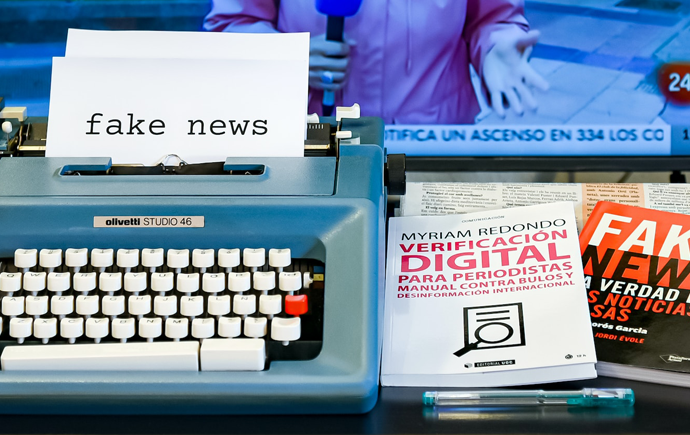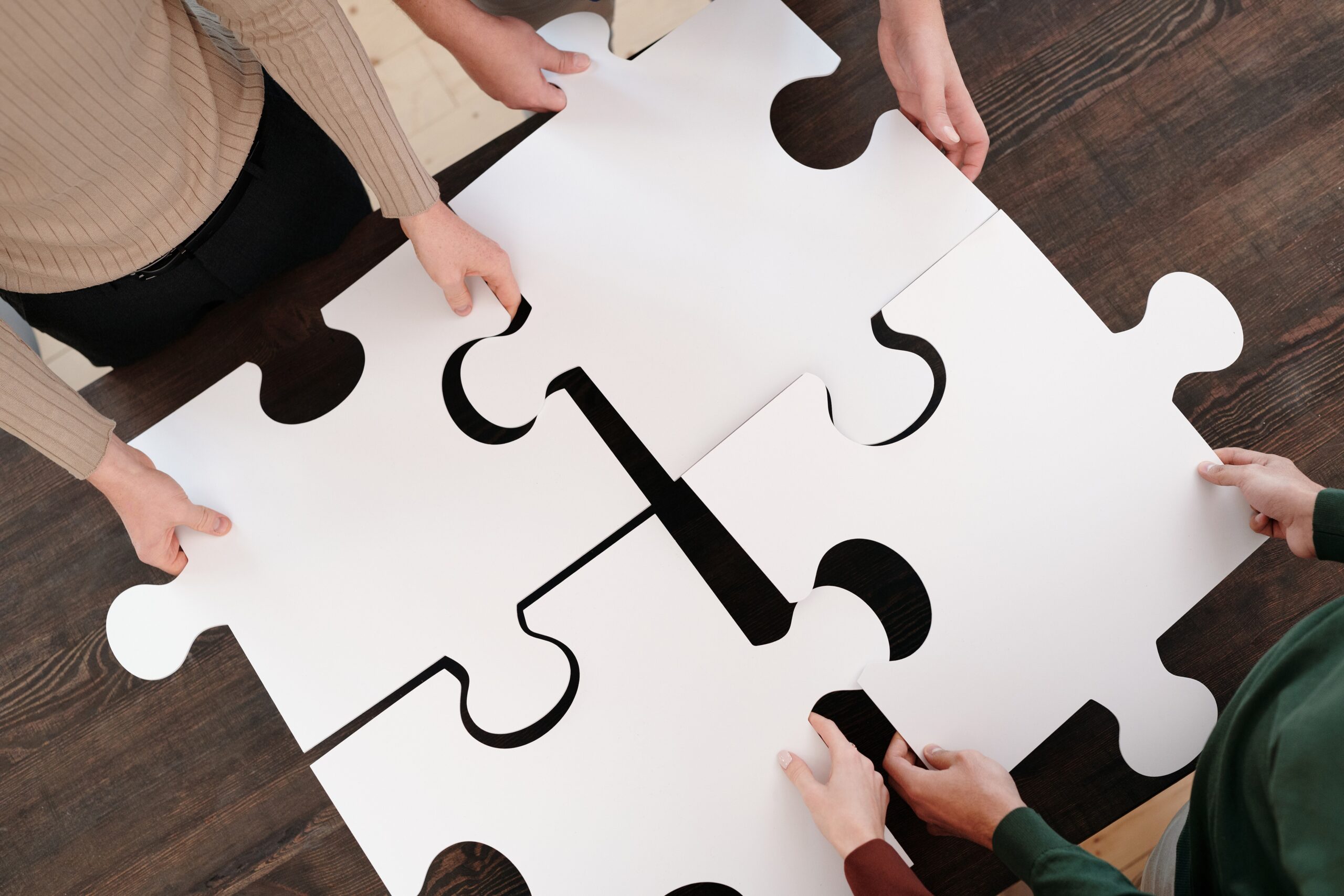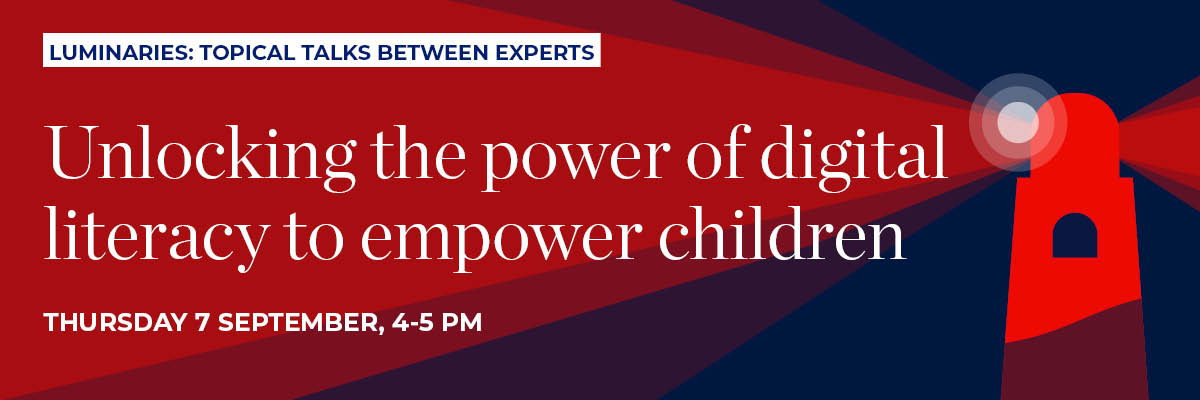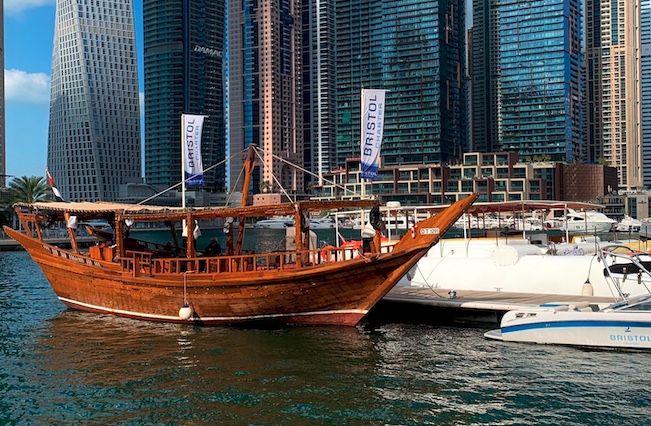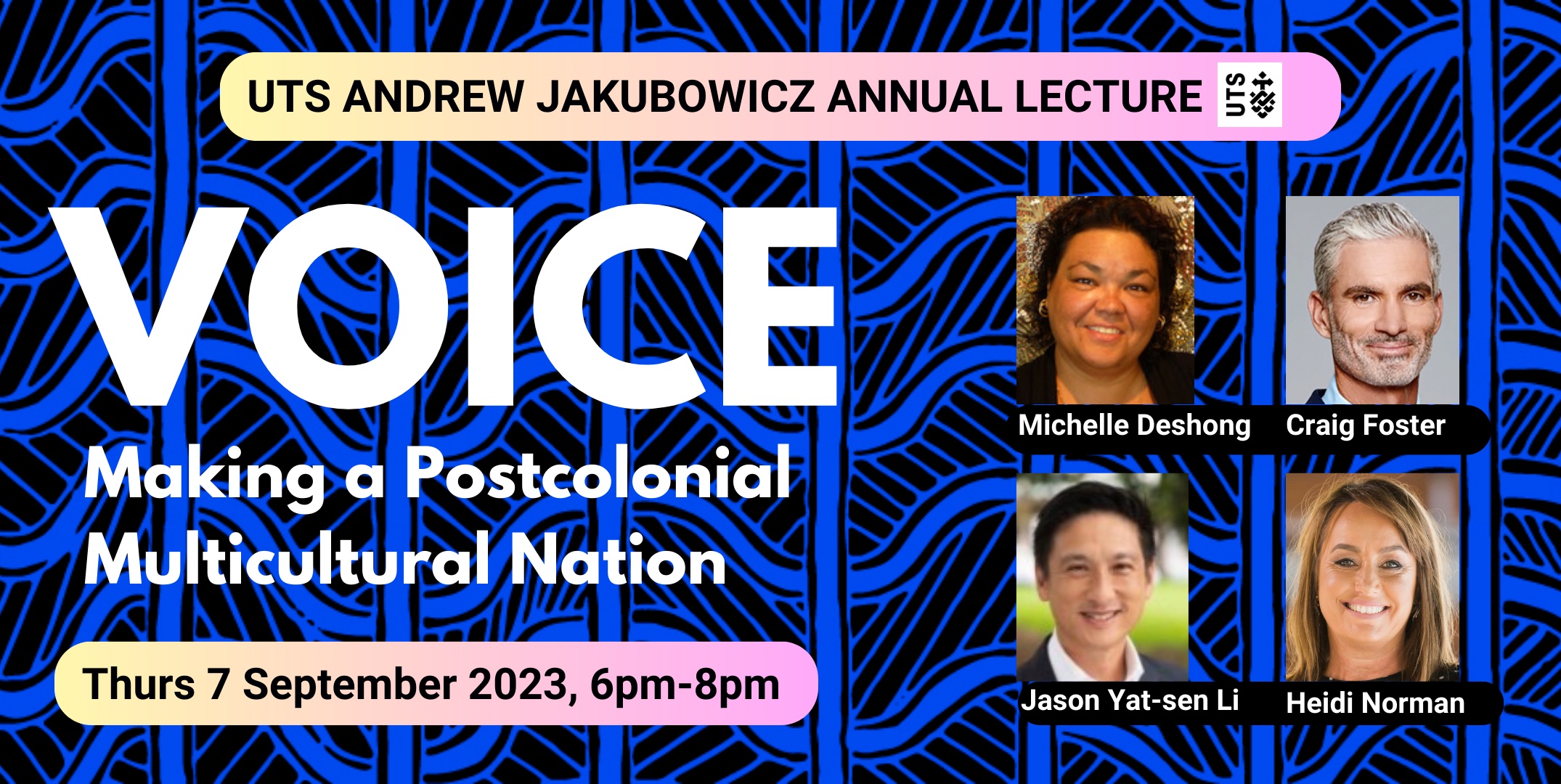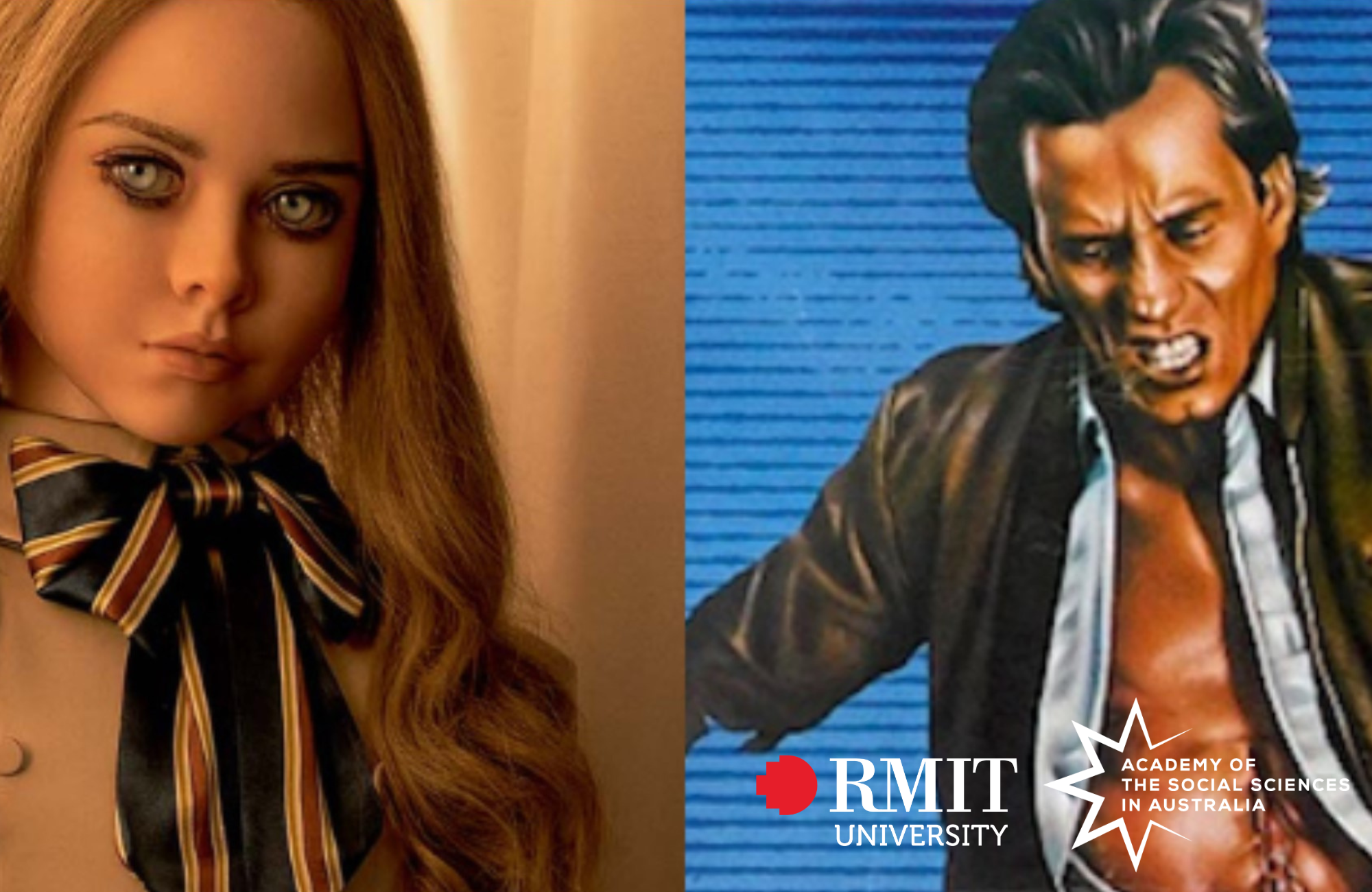Disinformation in the City
Seminar Rooms 2 & 3, Monash Conference Centre, 30 Collins Street, Melbourne VIC 3000 Seminar Rooms 2 & 3, Monash Conference Centre, 30 Collins Street, Melbourne VIC 3000Disinformation is nothing new in cities globally, with a long history of concerted fabrications that are deliberately misleading from anti-Semitic campaigns to 9/11 conspiracies. During the past decade disinformation has exploded in both prevalence and impact. In the city realm, those responsible for urban governance – both elected representatives and city officials – are increasingly faced with the consequences of concerted disinformation campaigns. These erode city capacity to address collective challenges including climate change, public health, and social cohesion. This panel will present differing perspectives and experiences of disinformation as a far-reaching issue facing cities across Australia, and across the globe.

